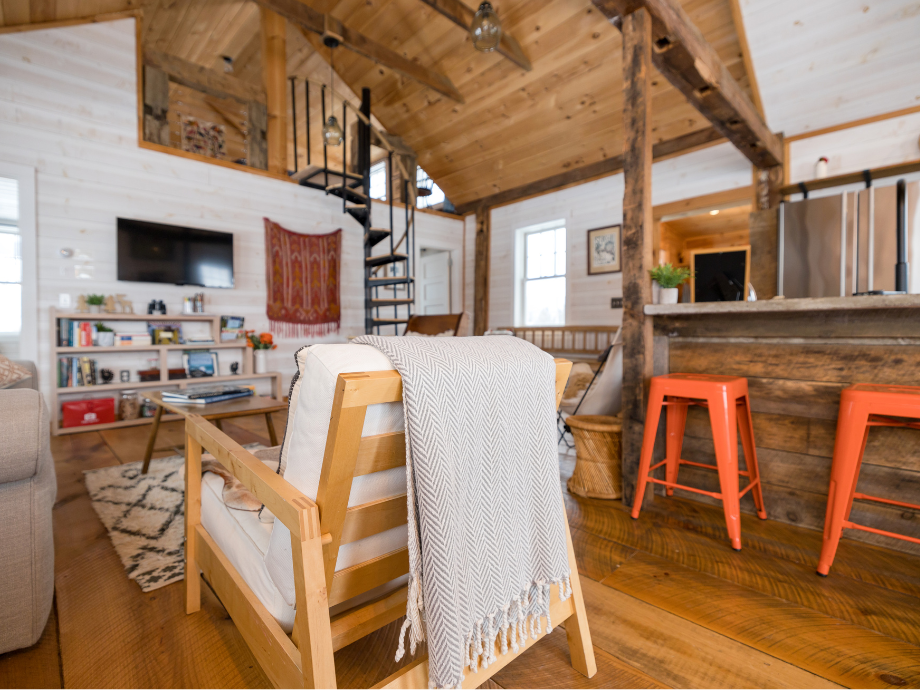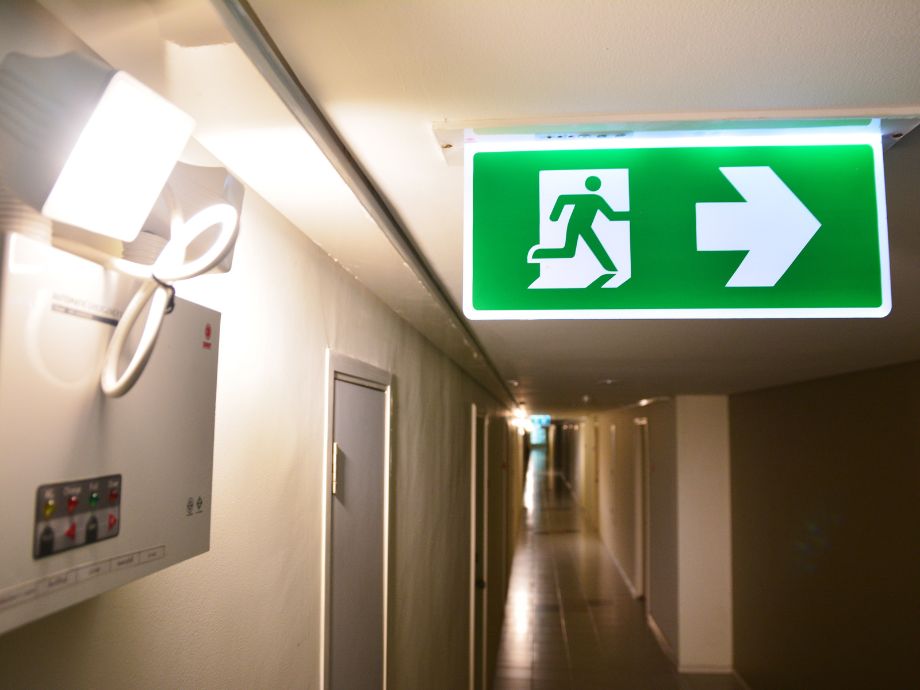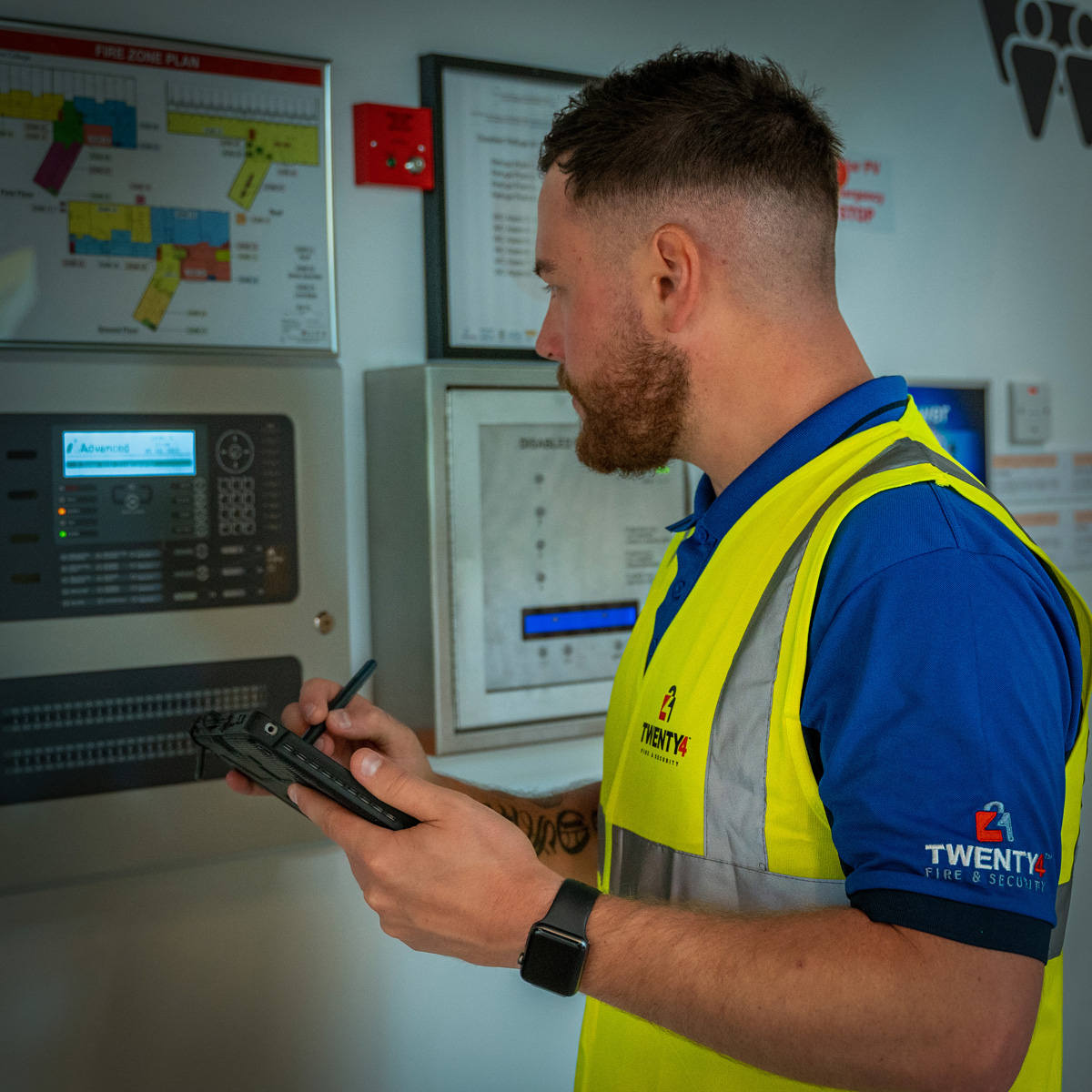The Welsh Government has this week published its fire safety reform plans. The proposals are focused on multi-occupied residential buildings and aims to give Wales “the most comprehensive building safety regime in the UK”.
Like many of the reforms proposed across the UK, these suggested changes to fire safety policy have been influenced by the 2017 Grenfell Tower fire in London. However, unlike most of England’s requests, Wales’ reform is not restricted to high rise buildings.
Prioritising residents with fire safety
Issues outlined in the Safer Buildings in Wales whitepaper focus on multi-occupied residential buildings, including houses converted into flats, high-rise apartment blocks and many other environments in which large numbers of individuals dwell.
A great deal of focus has been placed on taking fire safety precautions early on, putting pillars in place to ensure all new buildings are working with a preventative rather than reactive approach to fire-related danger. Wales’ housing minister, Julie James, requires fire safety to be considered when buildings are designed, built and managed. The aim is to prioritise safety at all stages of a building’s lifecycle.
Lines of accountability have also been proposed for building owners and managers. This is in addition to a stronger regulatory system.
Wales’ housing minister, Julie James, says that if the reforms are approved by the Senedd, Wales would boast the most comprehensive fire safety plan in the UK. A central theme that runs throughout the document is protecting residents against the threat of an outbreak.
“In the wake of the tragedy at Grenfell Tower, the Welsh government has already taken action to make buildings safer for residents. It’s always been clear, however, that far more fundamental changes were needed to improve building safety in the round.That’s why we are proposing improvements to every stage of the life-cycle of multi-occupied buildings, from design, through construction and into occupation, so new buildings are safe for each and every resident.
“Most importantly, these proposals are designed to empower residents by giving them far more say in the matters that affect their homes and providing clear channels for them to speak up and alert those responsible when things go wrong. Those who own and manage our buildings must live up to their obligations to put things right.
“These proposals, if passed into law in the next Senedd term, will create a new and much improved regime which puts the safety of residents first.”
She added:
“We are also engaging with the UK government and industry on aspects of our reforms. A key area for the future will be setting uniform expectations for competence and skills. The draft UK Building Safety Bill proposes to extend some powers to Welsh ministers in relation to design and construction which will allow us to establish a more robust regulatory process alongside our legislative reforms. There are clear opportunities and benefits of a consistent approach which will assist the construction industry and the wider housing sector to make significant adjustments in light of these reforms.”





